Prenatal diagnosis
Nicole Wendler holds a PhD in biology in the field of oncology and immunology. As a medical editor, author and proofreader, she works for various publishers, for whom she presents complex and extensive medical issues in a simple, concise and logical manner.
More about the experts All content is checked by medical journalists.Prenatal diagnostics include voluntary examinations before the birth that are carried out in addition to normal maternity care. The various non-invasive and invasive methods are used to identify health risks in the unborn child. As a result, prenatal diagnostics can on the one hand relieve the expectant parents of fear, but on the other hand they can also make them insecure. Find out more about the goals, possibilities and limits of prenatal diagnostics here.

What prenatal diagnostics can and cannot do
“The main thing is healthy” was and always is the main wish of all parents-to-be. Modern prenatal diagnostics make it possible to obtain information about the baby's health development in early pregnancy. From a medical point of view, prenatal diagnosis is therefore used to detect developmental disorders and abnormalities in the unborn child at an early stage so that treatment can be initiated at an early stage and complications averted, if possible.
For many parents-to-be, prenatal diagnostics meet their increased need for safety: They hope that prenatal examinations will give them the certainty of having a healthy child - a guarantee that prenatal diagnostics cannot provide.
The invasive and non-invasive examination methods of prenatal medicine are a supplement to the usual preventive examinations during pregnancy, which your gynecologist documents in the maternity record.
Prenatal Diagnostics: Methods
Prenatal diagnostics include both non-invasive and invasive methods. Non-invasive methods do not involve any intrusion into the mother and child's body. These include:
- Ultrasound (high resolution, 3D)
- Blood test
- First trimester screening
Non-invasive methods of prenatal diagnosis are low-risk, but do not allow a reliable diagnosis of a disease. In the event of abnormalities, invasive prenatal examinations must therefore usually follow. These provide quite reliable diagnoses, but here, too, an exact prognosis of the extent of the disability remains difficult. Invasive methods of prenatal diagnosis include:
- Chorionic villus sampling
- Amniocentesis (amniocentesis)
- Umbilical cord puncture (chordocentesis)
Prenatal diagnostics: counseling is important
As part of maternity care, your gynecologist is obliged to offer you prenatal diagnostic methods and to advise and inform you. In principle, however, you have a right not to know. You can make use of this and explicitly release the doctor from his duty to provide information.
Otherwise, your doctor will provide you with detailed information about the various methods of prenatal diagnosis. Limits and alternatives should also be named. Especially with invasive prenatal diagnostics, complications, ethical aspects, fears and consequences must be taken into account. You should discuss this in detail with your gynecologist so that you can then make the right decision for or against such an examination.
Genetic and psychosocial support from human geneticists and psychologists can also help. You can also make an appointment at a pregnancy counseling center. Include your partner in the decision-making process and attend the counseling sessions with him.
Patience is required after the procedure: the days leading up to the diagnosis are often very stressful for the parents-to-be. If this is the case with you too, you shouldn't be afraid to go to a counseling center or a psychologist.
What comes after the prenatal diagnosis?
If the prenatal diagnosis shows an abnormal finding, the parents see themselves in a difficult and stressful situation. In addition to emotions such as shock, sadness and anger, many questions arise:
- Is further prenatal diagnosis necessary?
- Are there therapeutic options during pregnancy?
- Can intrauterine operations (operations in the womb) help?
- How severe is the child's disability?
- What therapies are available after the birth?
- What help and support are there?
- How could a life with a disabled child be coped with?
- Should the pregnancy be terminated?
Sometimes it is possible to correct child malformations in the womb. For some diseases, such as anemia or infections, the doctor can help the child with blood transfusions or medication during pregnancy.
For many genetic disorders and diseases, however, no therapy is possible. The couples concerned then have to make a conscious decision for or against the child. Since prenatal diagnosis is possible very early in pregnancy, it can also be terminated at an early stage. It is then usually much less stressful for women than in advanced pregnancy.
It is best to think about the consequences of a positive result for you personally before the examination. If you are not sure, you should inform yourself in detail before the prenatal diagnosis. Even if it is clear to you that you want to have your child - whether disabled or not - prenatal diagnostics can be useful for the following reasons:
- Preparing parents for the birth of a sick child
- close monitoring of the pregnancy for the well-being of the child (best possible outcome)
- Planning the birth in specialized centers
Prenatal diagnostics - pro & contra
Concern about whether they will have a healthy child causes many pregnant women to make use of the possibilities of prenatal diagnostics. They hope the examinations will provide certainty and security. However, one should bear in mind: Doctors can detect malformations, disabilities, hereditary diseases or chromosome damage in the unborn child with the help of prenatal methods. However, the actual extent of the disability cannot be predicted with certainty. The reverse applies: Even an inconspicuous result of the prenatal diagnosis is not an absolute certainty for a healthy child.
Couples should also consider the following points when deciding whether or not to have prenatal diagnosis:
- Every invasive prenatal diagnosis carries a risk. Sometimes complications are more likely than a disabled child.
- Some prenatal exam results require time, which couples often experience in fear and uncertainty.
- It remains a matter of dispute to what extent prenatal diagnosis provokes fear of a disabled child or to what extent a negative result actually calms you down.
Ultimately, every pregnant woman (together with her partner) must examine the advantages and disadvantages as well as individual ethical aspects of prenatal diagnostics. The investigation itself is ethically neutral. The consequences of a pathological finding (termination of pregnancy in a child with a disability) are ethically important.
Tags: alternative medicine nourishment sports fitness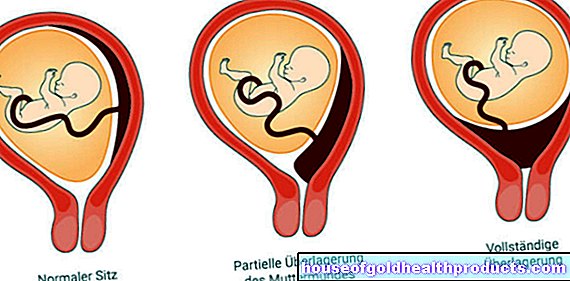


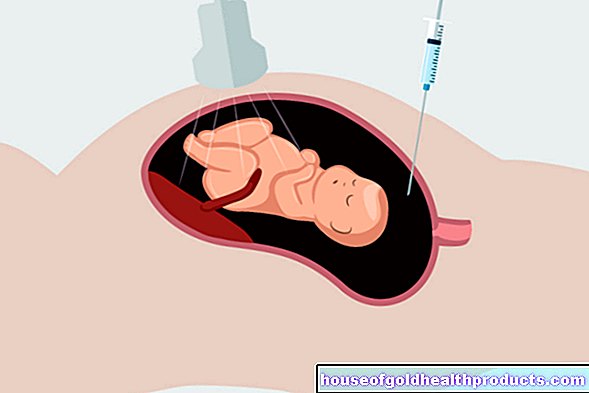
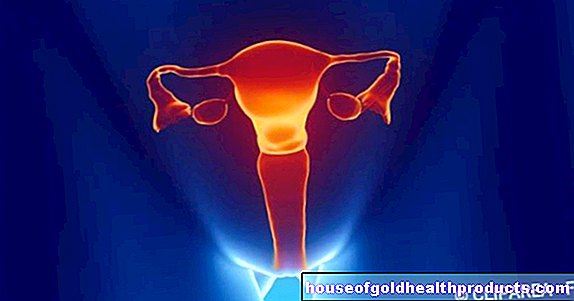

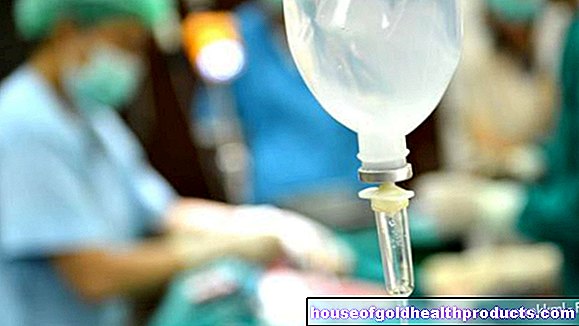






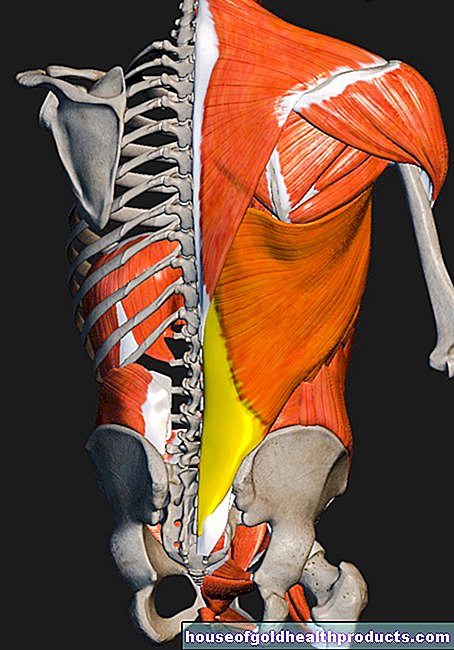






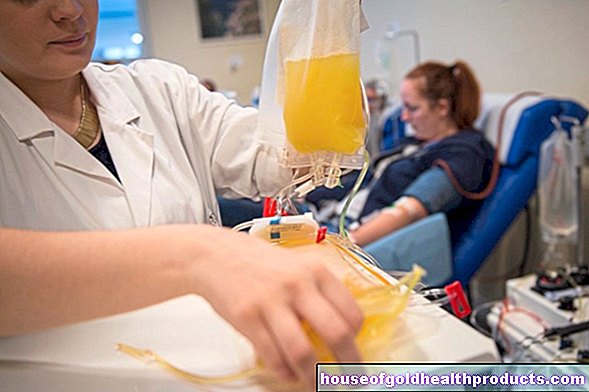









-kopfsache.jpg)